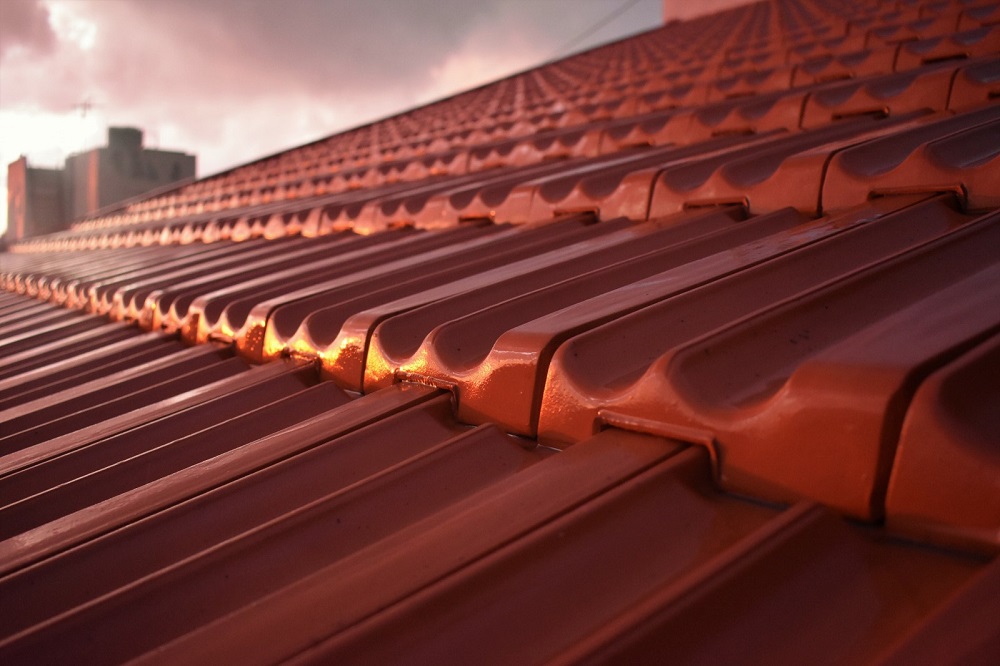When it comes to repairing or replacing your roof, you have a few different options. As a homeowner, it’s natural to want to do as much research as possible to ensure you make the right decision for your home and your family. That’s why this guide is here. In this guide, we’ll go over everything you need to know before choosing a industrial roofing contractors. We’ll explore the different types of roofers, explain the different types of roofing materials, and share a few reputable roofing contractors near you. By the end of this guide, you’ll be ready to choose a roofing contractor like roofing Brick NJ and get started on your roof repair or replacement project.
What Is a Roofing Contractor?
A roofing contractor is a person, business, or company that does the actual work of replacing or repairing your roof. They are also known as roofing contractors. It’s important to note that not all roofers are able to repair roofs. Some will only install new roofs and some will do both installation and repairs.
What Types of Roof Repair or Replacement Can a Roofing Contractor Perform?
A roofing contractor can perform a wide range of services. However, not all roofing contractors are created equal. There are three types of roofers:
- Flat Roofer – A flat roofer specializes in the repair and replacement of flat roofs that have leakages or damaged seams. The majority of their work is done on residential properties. While they do specialize in this type of work, they may also work on commercial properties as well.
- Roofer – A roofer’s main responsibility is to install new roofs on a variety of different properties including homes, office buildings, schools, and more. Some roofers will also specialize in the repair and replacement of flat roofs.
- Shingler – A shingle is someone who installs asphalt shingles for both residential and commercial purposes. They also provide repairs for existing roofs made with asphalt shingles as long as the damage isn’t too severe or irreparable.
How to Hire the Right Roofing Contractor
Choosing the right roofing contractor is difficult, which is why you need to take your time to find one. Whether you have a leaky roof and need help with roof repair or are in the market for a new roof, it’s important that you get a roofer who is licensed and insured.
License: You want to make sure the person you hire has the appropriate license for your state. If you live in California, for example, your roofers must be registered as general contractors.
Insurance: It’s also essential that your potential contractor carries liability insurance. This way, if something were to happen on your property (like an injury), they will be able to cover the damages out of pocket and not from what you paid them upfront.
References: Ask around about any potential contractors before agreeing to work with them. If possible, speak with previous customers about their experience working with the contractor and ask for contact information so that you can speak with these customers yourself.
Product knowledge: Someone who is knowledgeable about roofs should be able to answer all of your questions without hesitation or confusion. You can also check their references – do they have any pictures of roofs they have previously repaired? Are there reviews online? Do they seem knowledgeable?
Cost: It’s important that you compare costs when looking at contractors because some companies charge more than others but provide better service or offer more materials in packages. You should
What to Look for When Hiring a Roofing Contractor
One of the first steps to finding a reputable roofer is understanding your options. Roofers typically fall into one of two categories: residential or commercial. Residential contractors typically install, repair, and replace roofs on single-family homes and townhomes. Commercial contractors are more experienced with installing, repairing, and replacing roofs on larger buildings like schools and office buildings or other large structures. You can possibly get contractors that cater both categories just by searching for roofing contractor near me in the web.
Next, you’ll want to find out what type of roofing material the contractor uses. There are three types of roofing materials: shingles, metal sheets (also called standing seam), and tile or clay tiles. Shingles are the most popular option because they are easy to install and relatively inexpensive in comparison to metal sheets. Metal sheets provide better insulation against the elements but may be more expensive than shingles depending on your home’s size. Tile is another option for homeowners who live in earthquake-prone areas but can be more expensive than both shingle and metal sheet roofs.
Finally, you’ll want to consider whether a contractor offers any additional services like free estimates, warranties, or guarantees on their work (or all of these!). The best way to know if a contractor is reputable is by asking them about their customer service policies upfront.

The Importance of Having a Written Estimate
It’s important to have a written estimate in order to fully understand what you are agreeing to before any work begins. A written estimate is an agreement between the roofing contractor and the homeowner that defines the scope of work, which materials will be used, and how much it will cost.
The Dos and Don’ts of Working with a Roofing Contractor
Every roof is unique, and the materials used will vary depending on the type of roofing. There are three main options for a homeowner to choose from single-ply membrane roofs, asphalt shingle roofs, and metal roofs.
Single-ply Membrane Roofs: These are the most common type of residential roofing. They’re easy to install and provide reliable protection against weather or other types of physical damage.
Asphalt Shingle Roofs: This one is the most common type of residential roofing among homeowners in America. These roofs can last up to 20 years with minimal upkeep, but they require regular maintenance at least once a year to avoid costly repairs down the line.
Metal Roofs: Metal roofs are more expensive than other types of residential roofing but they also last much longer and provide better protection against weather-related damages like hail or high winds.






